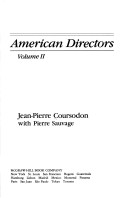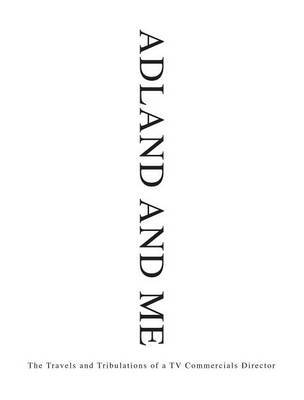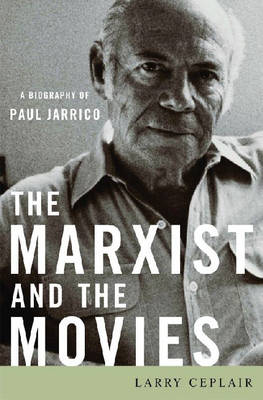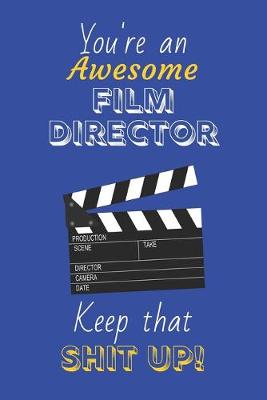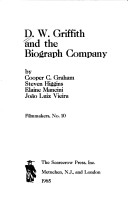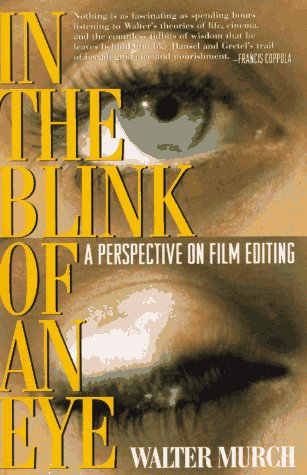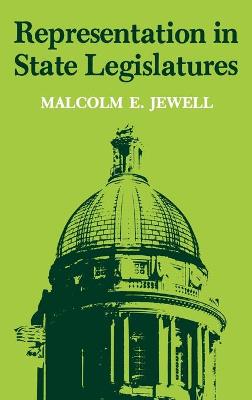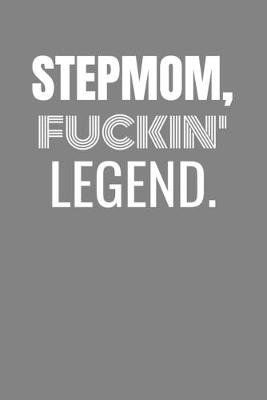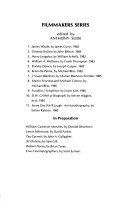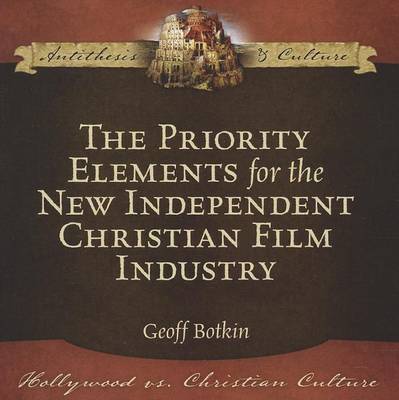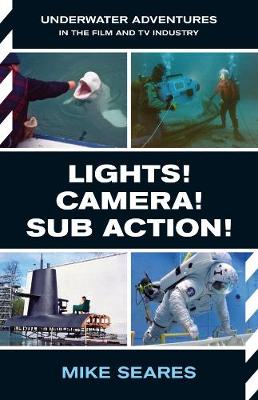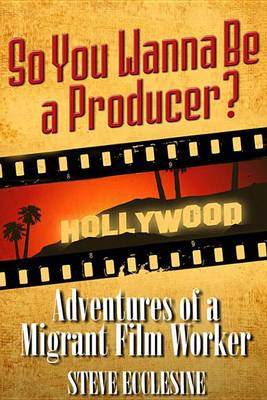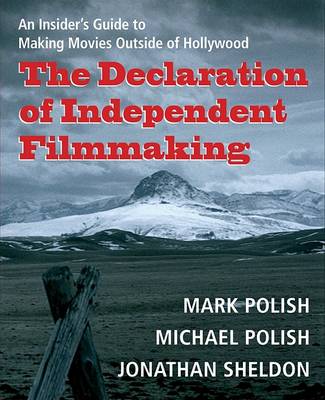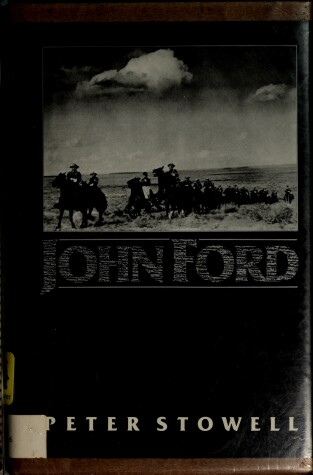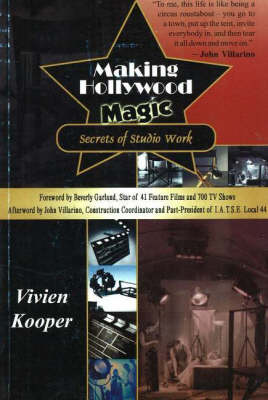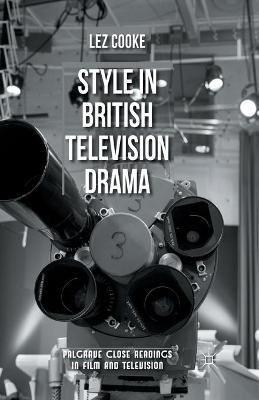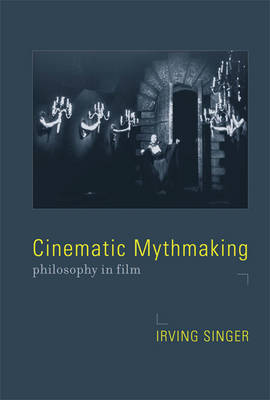As part of its effort to rid the nation of Communist influence and infiltration, the House Un-American Activities Committee subpoenaed hundreds of actors, screenwriters, producers, and directors with suspected "Red" leanings in 1947. Some of these film industry veterans, including screenwriter Paul Jarrico (1915--1997), refused to testify on Capitol Hill and were denied subsequent employment. In The Marxist and the Movies, Larry Ceplair illuminates the life, career, and political activism of Jar...
You're An Awesome Film Director Keep That Shit Up!
by Creabooks Publishings and 4all Notebooks
D.W.Griffith and the Biograph Company (The Scarecrow Filmmakers, #10)
by Cooper C Graham, Steven Higgins, Elaine Mancini, and Joao Luiz Vieira
The Biograph Company was the most influential American film studio of its time. In 1908 D.W. Griffith, the most important filmmaker in the history of world cinema, joined the company. Until late 1913 he served as Biograph's leading director and/or production supervisor for over 800 films. This fundamental reference guide details that work. Each film is fully documented, with production information, cast, and credits. Biograph refused to release the names of its players but here, for the first ti...
Every two years American voters turn out to elect several thousand representatives to state legislatures. Only now in Representation in State Legislatures do we have a detailed examination of how these officials perceive their jobs and how they attempt to do them. To provide answers to these questions, Malcolm E. Jewell conducted intensive interviews with 220 members of houses of representatives in nine selected states. He asked each legislator how he kept in touch with his constituents, how he...
Venom - 2018 Trivia Crossword Word Search & Sudoku Activity Puzzle Book
by Mega Media Depot
The Polish Brothers' Declaration of Independent Filmmaking
by Mark Polish, Michael Polish, and Jonathan Sheldon
Less than a decade since they began working in the movies, Mark and Michael Polish have established themselves as critically acclaimed, award-winning independent filmmakers. Their innovative approach to art direction, use of digital photography, and ability to attract stellar talent to their modestly budgeted films sprang from necessity; now these aesthetics have become admired trademarks of their work. Infused with this same balance of artistic integrity and popular appeal, The Declaration of I...
Acclaimed as one of the most influential and innovative American directors, Francis Ford Coppola is also lionized as a maverick auteur at war with Hollywood's power structure and an ardent critic of the postindustrial corporate America it reflects. However, Jeff Menne argues that Coppola exemplifies the new breed of creative corporate person and sees the director's oeuvre as vital for reimagining the corporation in the transformation of Hollywood. Reading auteur theory as the new American busine...
The Hand That Holds the Camera (Routledge Library Editions: Cinema)
by Lynn Fieldman Miller
Images of girls and women in books, ads, films and on television influence the way that girls and women see themselves. This book, considering it important that women control the images in these powerful media, interviews seven female film and video makers and questions their thoughts on their subject and theme choices and the role that they play in presenting women differently. It presents an overview of the lives of these women and discusses how they developed their careers. The interviews wer...
Style in British Television Drama (Palgrave Close Readings in Film and Television)
by L. Cooke
This pioneering book provides detailed analysis of scenes from nine British television dramas produced between 1954 and 2001. Taking dinner table scenes as a recurring motif, the study analyses changes in televisual style with reference to production practices, technology, aesthetic preferences, and social and institutional change.
Mythic themes and philosophical probing in film as an art form, as seen in works of Preston Sturges, Jean Cocteau, Stanley Kubrick, and various other filmmakers.Film is the supreme medium for mythmaking. The gods and heroes of mythology are both larger than life and deeply human; they teach us about the world, and they tell us a good story. Similarly, our experience of film is both distant and intimate. Cinematic techniques-panning, tracking, zooming, and the other tools in the filmmaker's toolb...

